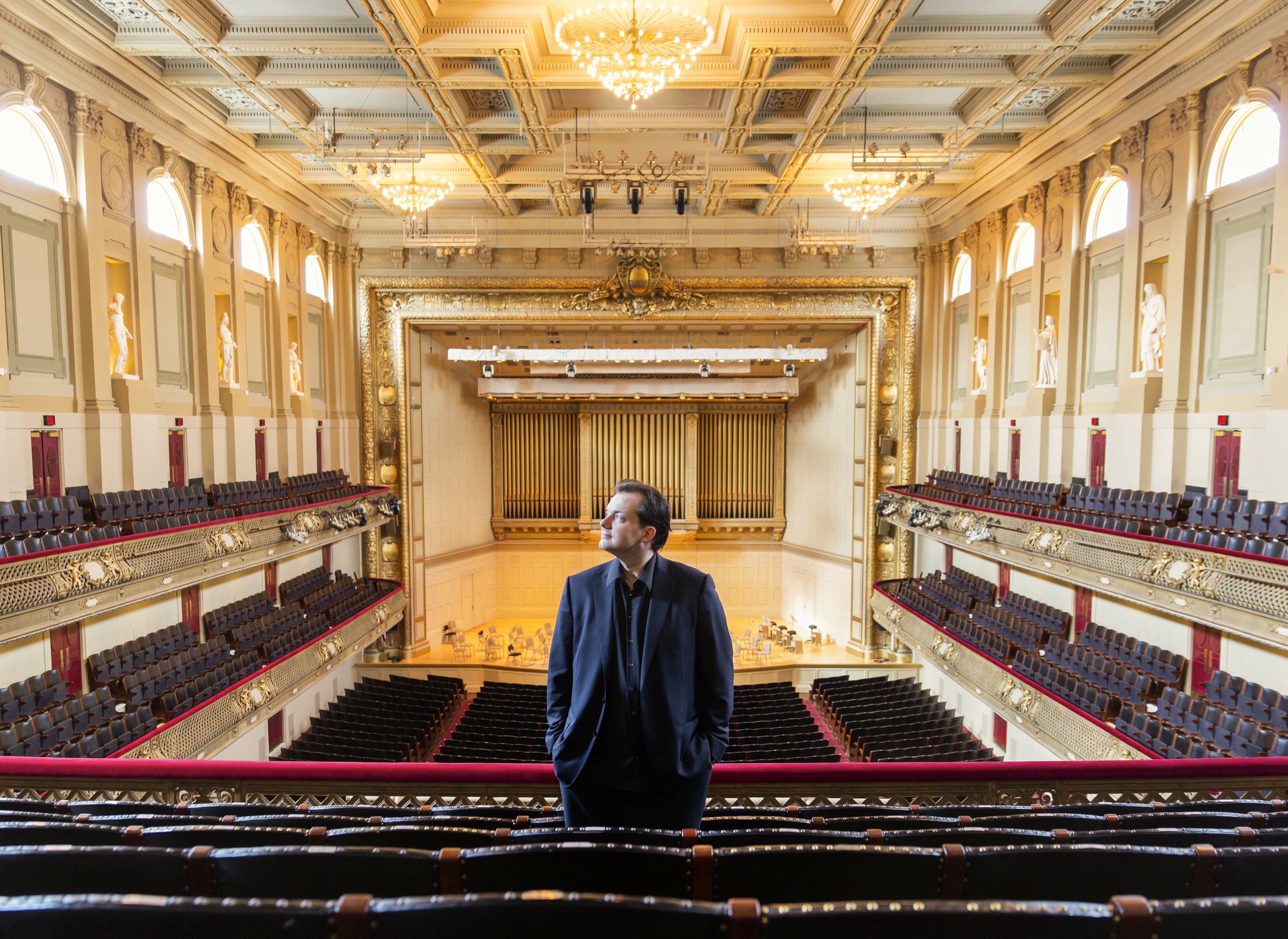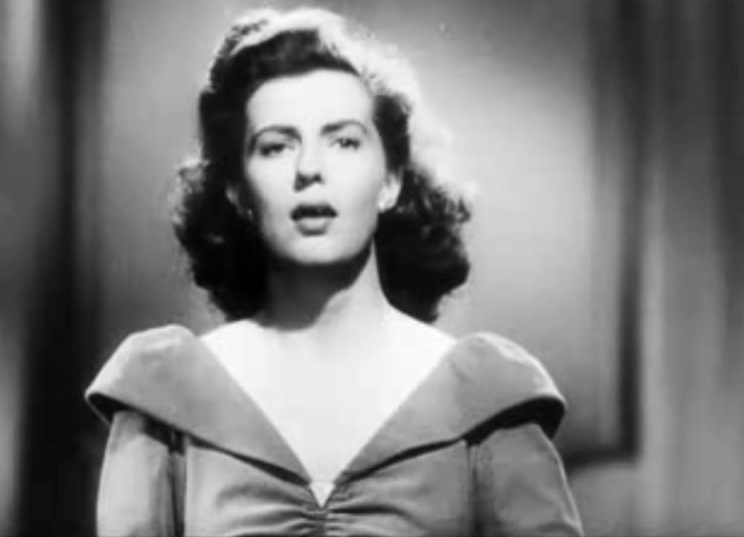
Category: Music-Video Fridays
YouTube can be a powerful force for increasing your cultural literacy in music.
Gordon Lightfoot “Talking In Your Sleep” BBC Live In Concert (1972)
Gordon Meredith Lightfoot (born 1938) is most often remembered for his improbable 1976 US #2 hit “The Wreck of the Edmund Fitzgerald,” even though the bad-romance song “Sundown” was his only US #1-charting single.
“The Wreck of the Edmund Fitzgerald” was inspired by a Newsweek item Lightfoot saw by chance while on tour about the loss of an iron-ore freighter in a severe storm on Lake Superior, with the loss of 29 lives. “Sundown” was about a bad-news girlfriend Lightfoot had the good luck to break up with: she later administered the fatal overdose to John Belushi.
Matt Monro: “On Days Like These” from “The Italian Job” (1969)
Matt Monro’s opening-credit song from the 1969 Michael Caine caper movie The Italian Job is a fine job of singing from a pop-music baritone who is almost unknown in the US, but whose recordings can withstand comparison with any of the Broadway-musical baritones of the older generation.
Monro (birth name Terence Edward Parsons) to my knowledge never sang on Broadway, but he regularly made hay during the 1960s in movie soundtracks—not only The Italian Job but also the James Bond series’ From Russia With Love (1963), and the title song from Born Free (1966).
The opening-credit song from The Italian Job (“On Days Like These”) is surprisingly sophisticated from a musical standpoint, given that the movie is about car chases, car crashes, and various forms of sexual innuendo and other low humor. Quincy Jones composed the music; Don Black (at that time or later, Munro’s manager) wrote the words. George Martin produced Monro’s recording.
The music is I think something that Gabriel Fauré might have thought twice about, before tossing out the manuscript paper it was written on—especially Jones’ stepwise chromaticism on the phrase “while your eyes played games with mine.” (Chromaticism, by the way, is simply a convenient technical term for employing notes not usually found in a piece or section’s home-key scale, in order to add more tonal color and interest.)
Long before there was a loosely-based sequel, The Italian Job remained famous for its profligate waste of stunt cars—cars that later on would be recognized as irreplaceable. However, viewing The Italian Job from a 21st-century perspective, there are so many jarring or cringe-inducing moments that one is tempted to say (just as is the case with the film Breakfast at Tiffany’s) that the soundtrack was the best thing.
# # #
Jackson Browne: “Fountain of Sorrow”
When Jackson Browne was at his most successful as a songwriter, he was not necessarily at his best. After all, he co-wrote “Take It Easy” with the Eagles’ Glenn Frey. Browne was a remarkable early bloomer as a songwriter; he was hired as a staff writer for Elektra Records’ publishing company before his 18th birthday, and worked with Tim Buckley and with Nico, formerly of The Velvet Underground.
Browne and Nico were romantically linked (it seems that happened a lot), and Browne made major contributions to her debut album as a musician and writer, including the song “These Days.” Browne’s early songwriting work was recorded by the Nitty Gritty Dirt Band, Tom Rush, Nico, Steve Noonan, Gregg Allman, Joan Baez, the Eagles, Linda Ronstadt, the Byrds, and others.
The flip side of the coin is that when Browne was at his best as a songwriter, he was usually not his most successful. In that category, I place “Fountain of Sorrow” and the title track from the album it is on, Late for the Sky. Lyric excerpts, the backstory, and more on the continuation page. Continue Reading →
(La) Scala & Kolacny Brothers: “California Dreamin'”
The Kolacny brothers Stijn (conductor) and Steven (arranger and accompanist) founded a girls’ choir in Aarschot, in Flemish Belgium, in 1996. I believe that the choir’s name originally was “La Scala,” which kind of makes sense; but at some point, the “La” was dropped. Within four years Scala, under the guidance of the Kolacny brothers, had won the Belgian “Choir of the Year” competition. They excel at executing the fundamentals of choral singing: pitch, timbre, dynamics, ensemble blend, phrasing, and breathing. Lots of obsessive attention to detail is in evidence when they sing.
Scala & Kolacny Brothers’ “Unique Selling Proposition,” as stated on their website, is to “take classic rock and indie songs and reinvent them as elegiac hymns—to breathtaking effect—with the piano often the sole accompaniment to the voices.” Their breakthrough came in 2010 when a trailer for the film The Social Network included their cover of Radiohead’s “Creep.” That song, by the way, was in part unconsciously borrowed from The Hollies’ “The Air That I Breathe,” and so members of The Hollies are jointly credited.
Being lucky is important in music; but, it’s hard to sustain success unless you are even better at your art than you are at being lucky. For proof of the pudding, here’s Scala’s cover of “California Dreamin’ ” from their DVD Live in Bruges. One friend, upon seeing this clip, asked in horror, “Who dresses them?” I deadpanned that they are a non-profit group, and they lucked into a really good price on the leftover costumes from the post-Apocalyptic movie The Road. He gave me a look to make sure I was joking.
# # #
David Nadien: “Swan Lake” Concertmaster Solo, Leonard Bernstein/New York Philharmonic
David Nadien (1926-2014) was the concertmaster of the New York Philharmonic from 1966 to 1970. “Concertmaster” is the term for the leader of the first-section violins. In addition to other duties, the concertmaster plays the important violin solos in orchestral pieces; here Nadien plays the famous solo from Tchaikovsky’s Swan Lake. This solo (apparently from an afternoon television broadcast) is legendary among string players for Nadien’s remarkably pristine execution in general, and especially for his smoothly flowing bow changes and beautifully musical phrasing.
Perhaps some eyebrows raised when Leonard Bernstein chose, as successor to John Corigliano Sr., David Nadien, who was a studio musician with little orchestral experience. But there can be no question that this is playing on the highest level. Indeed, Nadien’s playing often elicited comparisons with Jascha Heifetz, who was still active then.
Nadien recorded little, but one of his LP recordings (as far as I know, never reissued on CD) was recorded in 1958 by David Hancock, who made all the early John Marks Records recordings (such as Arturo Delmoni’s Songs My Mother Taught Me). David Hancock learned recording via on-the-job training with Peter Bartók, Béla Bartók’s second son. David Hancock began making recordings as a fallback, in view of the rather congested job market for freshly-minted Juilliard piano graduates. (Hyperion Knight has at least one joke about that.)
So, David Hancock not only recorded the music, he also played the piano in the Franck Sonata, Debussy’s sonata in G, and short pieces by Fauré and Ravel. One for the record books, to be sure. That recording has been put up on YouTube here, audio only. The sound is a bit closely-miked; but, both players are in top form–it’s an interpretation that can withstand comparison with the “greats.”
As of this writing, there is an LP copy up on eBay (Buy It Now) for about 12 coins of the realm–WNTL?
(The Nadien/Hancock LP shows up on eBay regularly–save a search for it, if you were not in time to snatch this one up.)
# # #
The Rosenberg Trio: “For Sephora.”
The Rosenberg Trio is made up of its lead guitarist, the charmingly named Stochelo Rosenberg (which for some reason always makes me think of high-school chemistry class) and his cousins the rhythm guitarist Nous’che Rosenberg and upright bassist Nonnie Rosenberg.
Seeing as all three are members of the Dutch Gypsy (or Roma) community, of course they have been hugely influenced by Django Reinhardt. [Note: I am aware that use of the term “Gypsy” is controversial in some quarters. However, the Rosenbergs themselves use that word on their own website; so, they most likely are not offended by it.] If I might brag—just a bit—I am only one handshake away from Django, through Stéphane Grappelli (the violinist who, with Reinhardt, co-founded the Quintette du Hot Club of France in 1934).
More, after the jump. Continue Reading →
Pentatonix: “ ‘Can’t Sleep’ Love”
I used to be a choral singer—I started as a Boy Soprano, no less (the Brits call them “trebles”).
There was something so satisfying about those (admittedly rare) moments when the pitches and the blend were really perfect. It even happened once, totally by accident, with my two older brothers and me. I think we were singing a Harry Belafonte song. (Yes, I knew about Harry Belafonte before he became something of an audiophile vinyl icon.)
Eric Whitacre Singers: “Enjoy the Silence,” Martin Gore (Depeche Mode), arr. Whitacre
Eric Whitacre Singers: “Enjoy the Silence,” Martin Gore (Depeche Mode), arr. Whitacre
Well, here I go violating my self-imposed (and only general; not absolute) rule that the music videos I post here show real performances. But, this is not a mashup; it is a serendipitous iPhone recording made when an audience member thought she was sneaking a snapshot, but in reality was starting to make a video. The screen is black because she put her phone or tablet back in her handbag.
I heard the Boston stop of the Eric Whitacre Singers‘ 2013 USA tour (this video is from the days-earlier Washington, DC-area stop), in the luminous acoustic of Boston’s Symphony Hall. If five years previously someone had told me that a Depeche Mode song would have moved me to tears, I would have scoffed. But, it was not Depeche Mode (their official music video is–dopey). It was Depeche Mode being re-written by Palestrina, as channeled by Eric Whitacre.
Time stood still–the dissonances just hung in the air. That so much of the music comes through on an iPhone recording with the iPhone in a purse or bag is food for thought, is it not? There is a studio recording that I find a bit too close and hi-def. I prefer the tonal balance of this not bootleg, but handbag recording. But perhaps that’s just familiarity.
# # #
Royal Northern College of Music: “Moscow, Cheryomushki” (Shostakovich)
One of my favorite Eastern European witticisms comes from Soviet-Era Poland:
Under Capitalism, Man exploits Man. Whereas under Socialism, the reverse is true.
Shostakovich’s 1959 operetta Moscow, Cheryomushki (yes, I know—I’ve been stuck on Shostakovich; one more after this, and I will move on) is about bureaucratic corruption and housing shortages in Moscow. “Cheryomushki” means a certain kind of cherry tree, and it refers to both a district of Moscow and to a specific 1950s housing project.
One might think that writing an operetta (one of Shostakovich’s longest works, in fact) ridiculing state officials as lecherous buffoons while decrying substandard housing might have meant that Shostakovich was taking his life in his hands.
However, people forget that between Stalin’s death and the shooting down of Francis Gary Powers’ U-2 CIA spy plane, there was a significant thaw in the Soviet Union. In the new climate of loosened restrictions, Shostakovich’s lyricists went to town with parody and sarcasm, while Shostakovich fashioned his own love letter to the Broadway musical comedy.
More, after the jump. Continue Reading →
Prince Performs “Purple Rain” During Downpour: Super Bowl XLI Halftime
I watched this live, and I was at the time convinced that it was the most heroic public performance I had ever seen. In a freaking monsoon.
Well; he is with Jimi Hendrix now. And with Schubert, Mahler, Hank Williams, and Buddy Holly.
Eternal rest grant him, O Lord.
# # #


